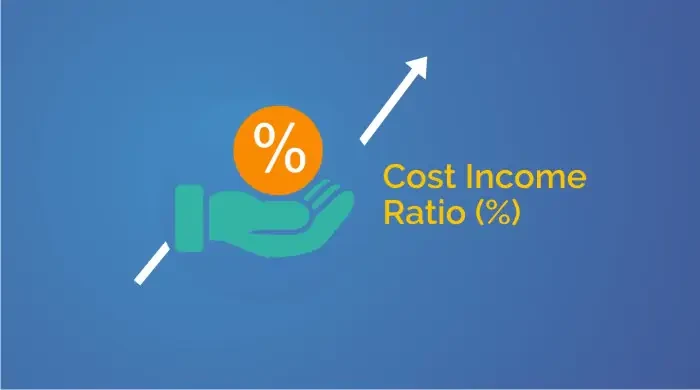
ZIMBABWE must model its economy along mining and agriculture driven Indonesian and Malaysia economies rather than the manufacturing sector-anchored China to achieve sustainable growth in the medium term, a top World Bank official has said. Report by Bernard Mpofu
Presenting a paper entitled From economic rebound to sustained broad-based growth at the first annual Medium Term Plan (MTP) implementation review, Nadia Piffaretti, senior economist at the World Bank, said the mining sector had enormous potential to turn around economic fortunes spurred by growing demand.
Piffaretti attributed an economic rebound, which started in 2009 after a decade-long meltdown, to the mining sector which currently accounts for the bulk of export earnings.
She said although the sector failed to take advantage of the global boom in mining prices, economic growth prospects remained anchored on mining with gold, coal and chrome having high potential of absorbing new investment.
“The challenges of the country are how to overcome the legacies of a protracted crisis,” she said.
“Is China an example for you or Botswana? China is an economy driven by manufacturing.”
“What we have found is that the most relevant experience for you would be Malaysia, which is the only Asian tiger that managed to develop driven by minerals.
“They use minerals to power up manufacturing.”
- Chamisa under fire over US$120K donation
- Mavhunga puts DeMbare into Chibuku quarterfinals
- Pension funds bet on Cabora Bassa oilfields
- Councils defy govt fire tender directive
Keep Reading
Piffaretti added that Indonesia, whose economy was anchored on agriculture, could be another model.
“The mining sector is the only sector capable of autonomous growth,” she said.
“What that means is that whatever you do, your model of development in the medium term should start there . . . You need to manage properly the mining sector.”
The government has projected the mining sector to grow by 10% this year from 20% due to lack of medium term capital, skills shortage, uncertainty surrounding the implementation of the indigenisation and economic empowerment policy and an unsustainable mining fiscal regime.
This has seen Finance minister Tendai Biti cutting economic growth projections to 4% from 5, 6%.
The empowerment equity law, which has been criticised for discouraging foreign direct investment in the capital intensive mining sector, compels foreign-owned companies to sell of 51% stake to black Zimbabweans.











